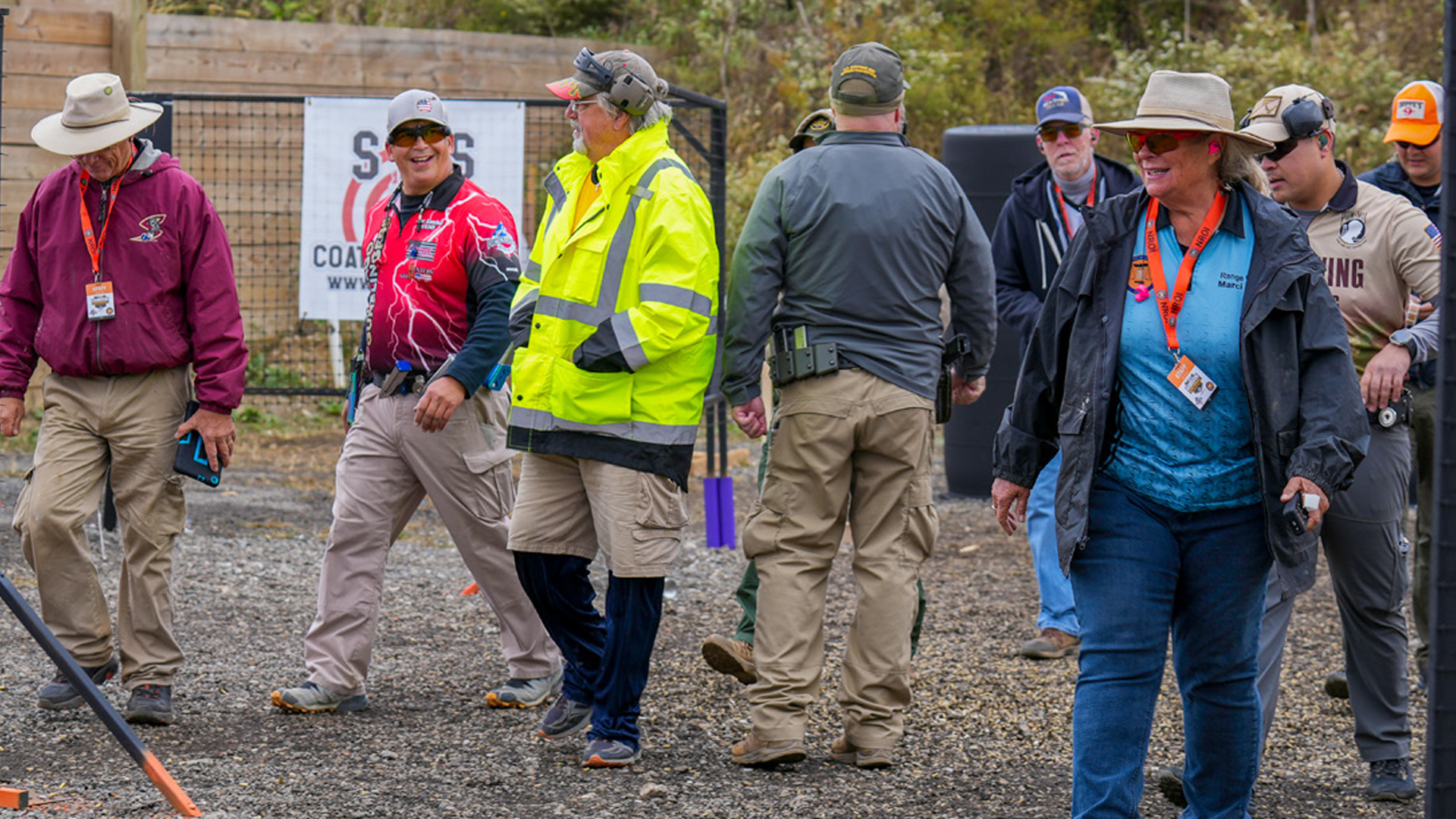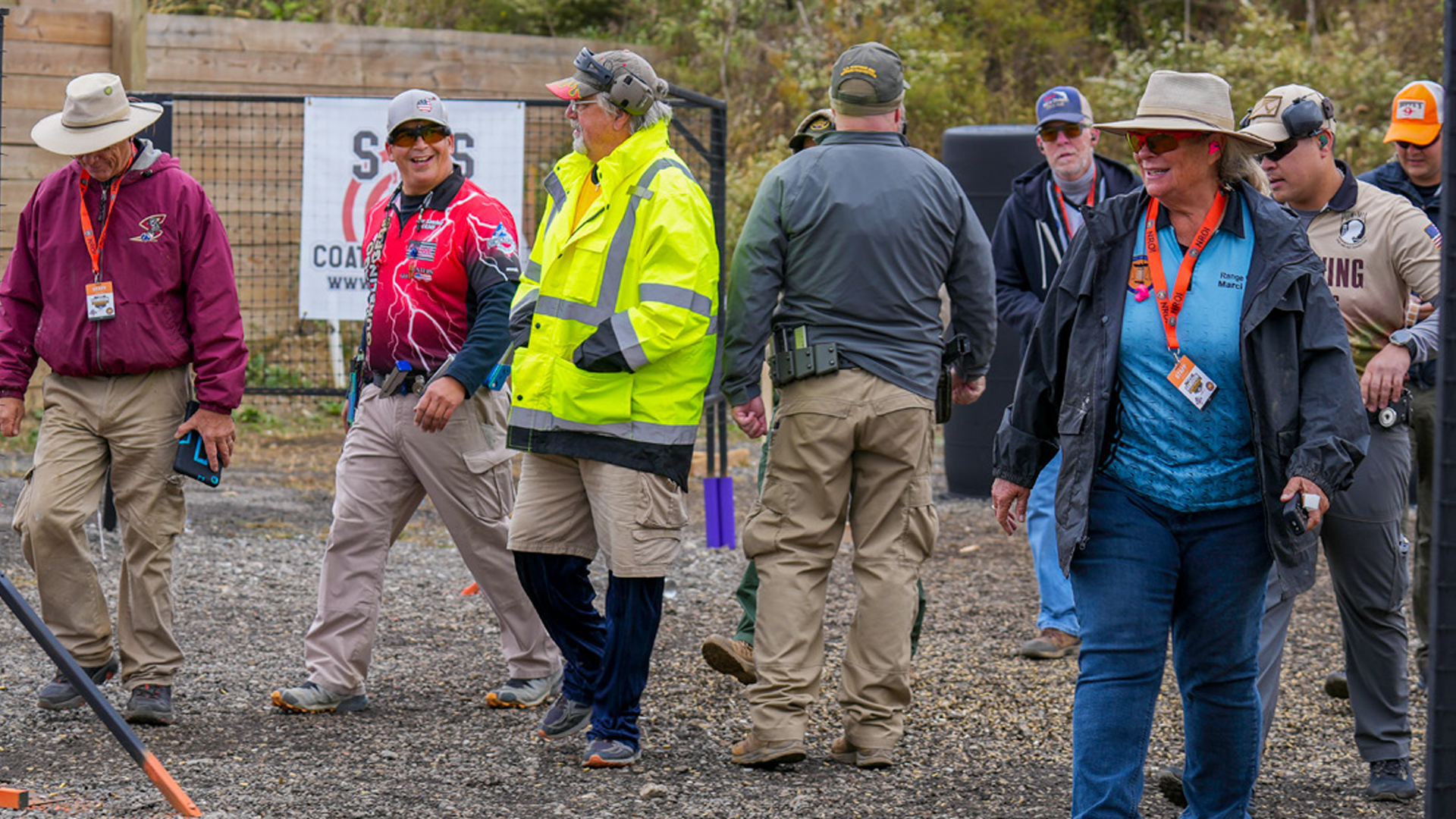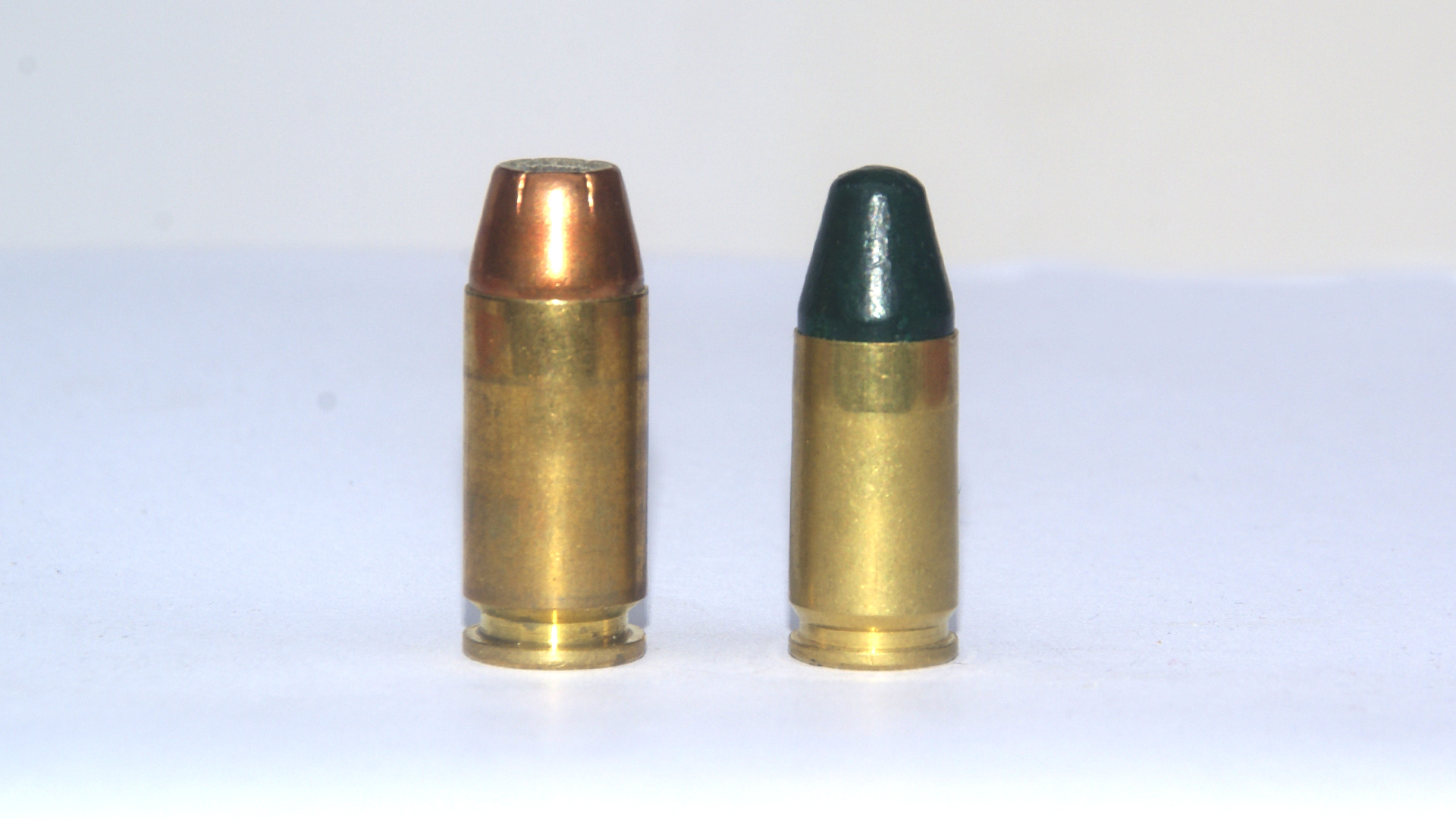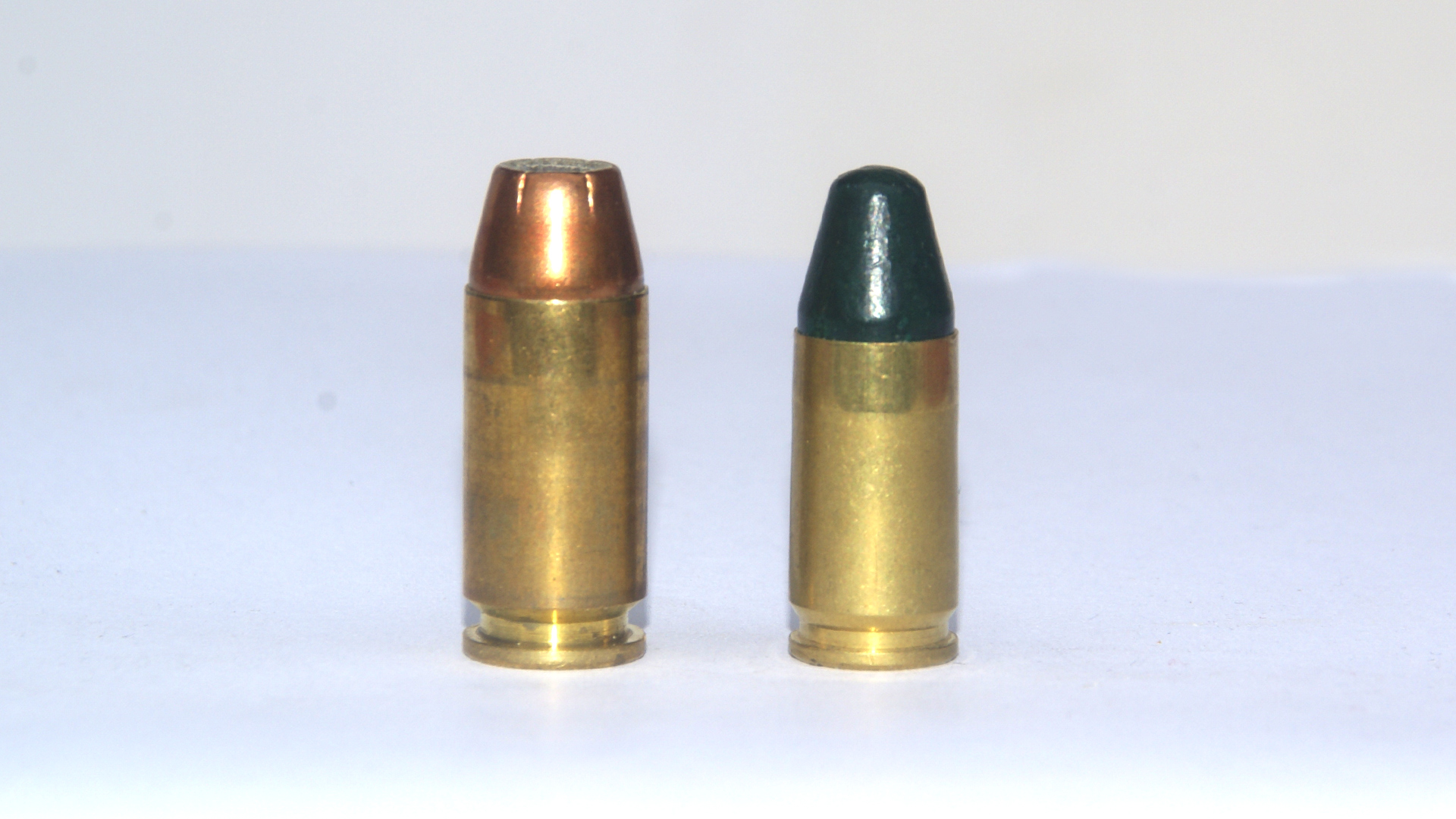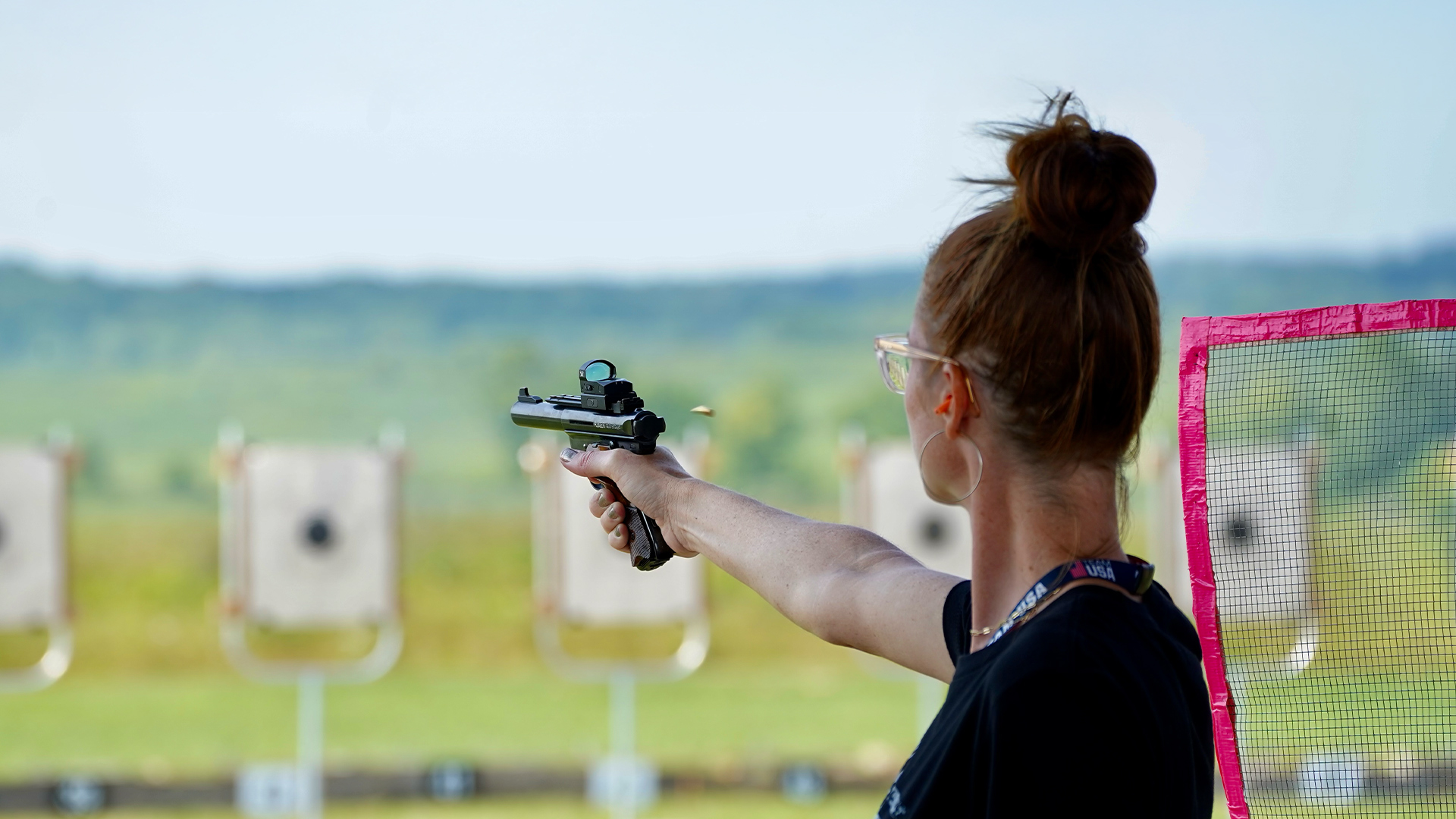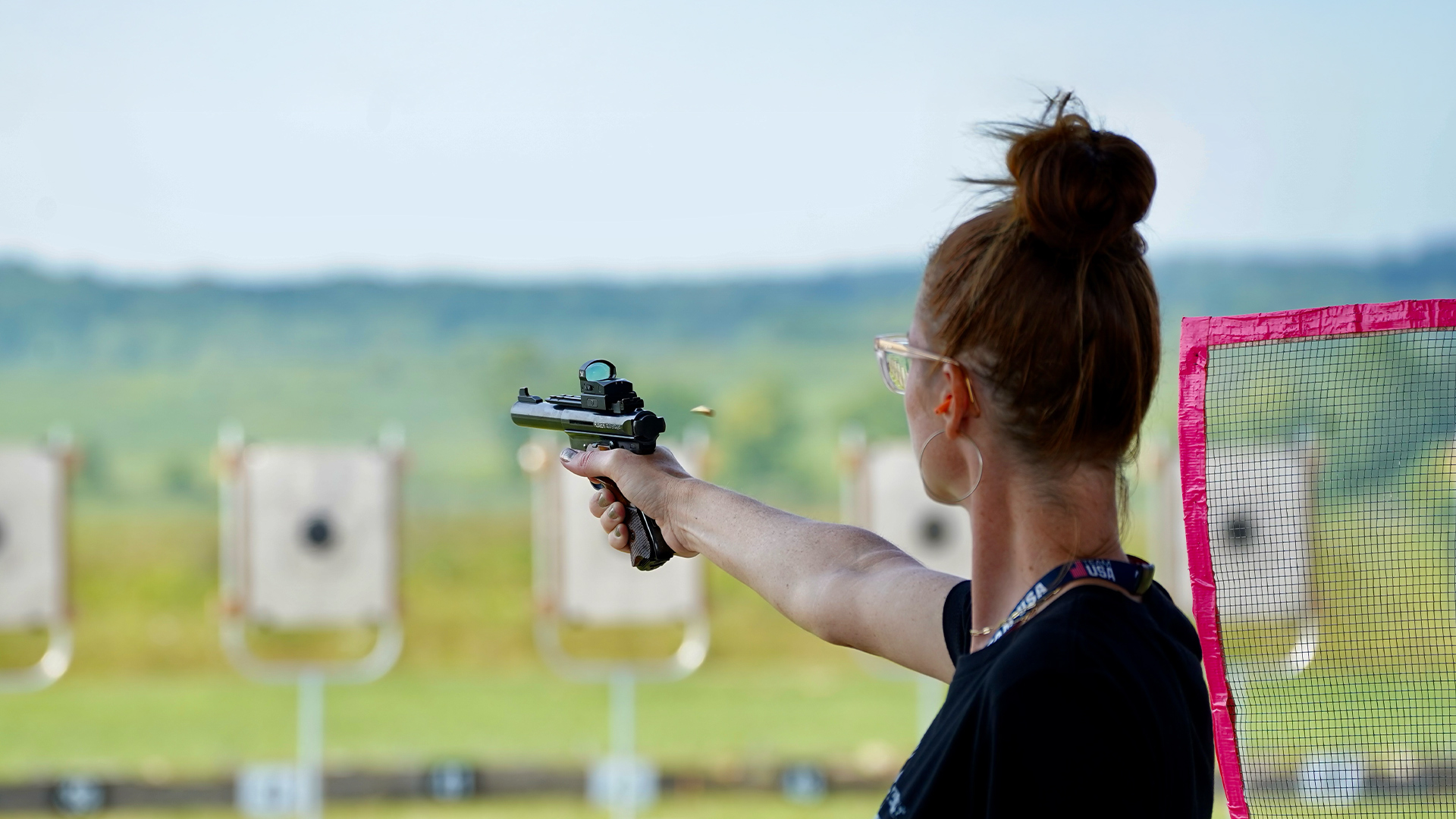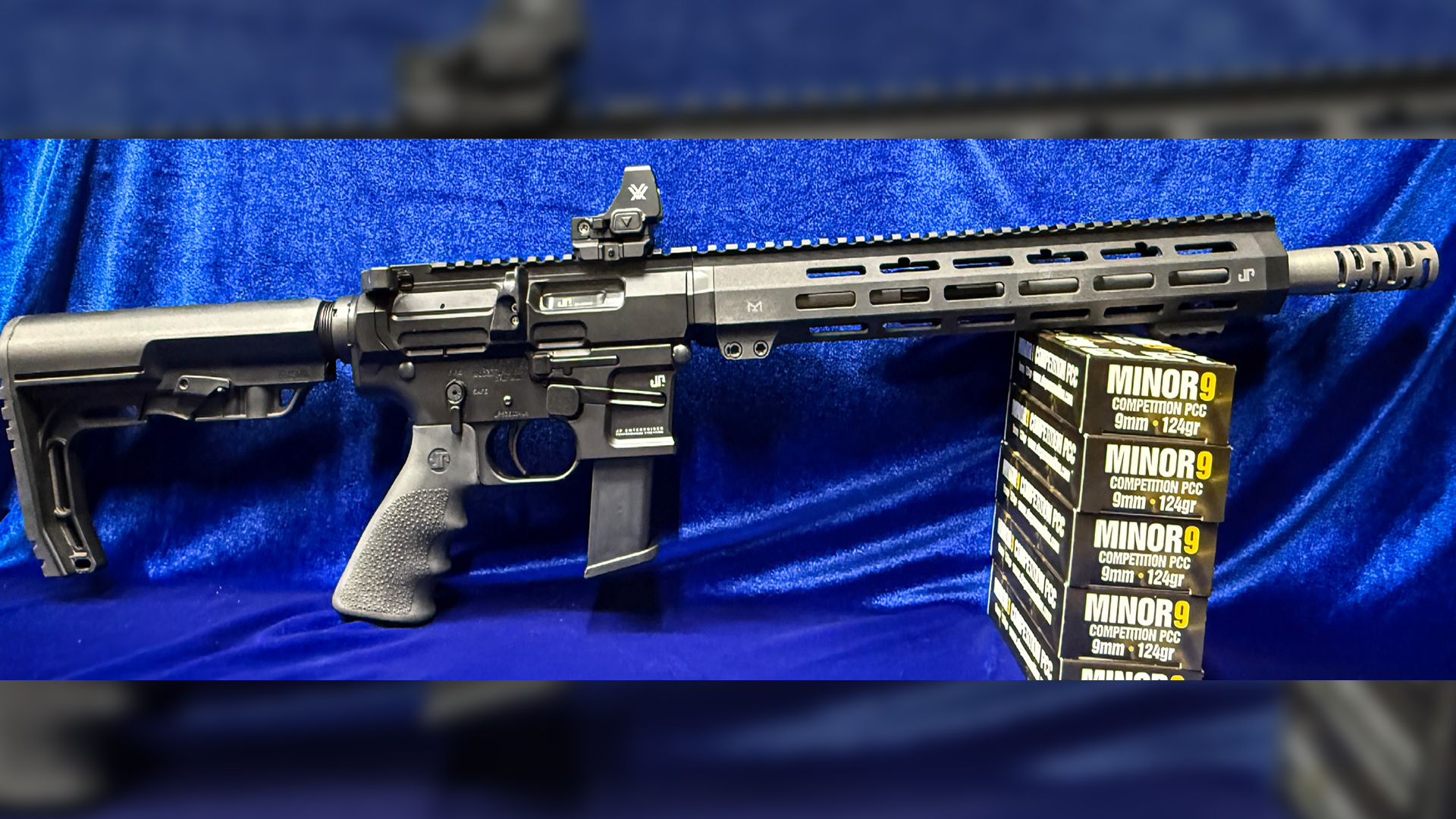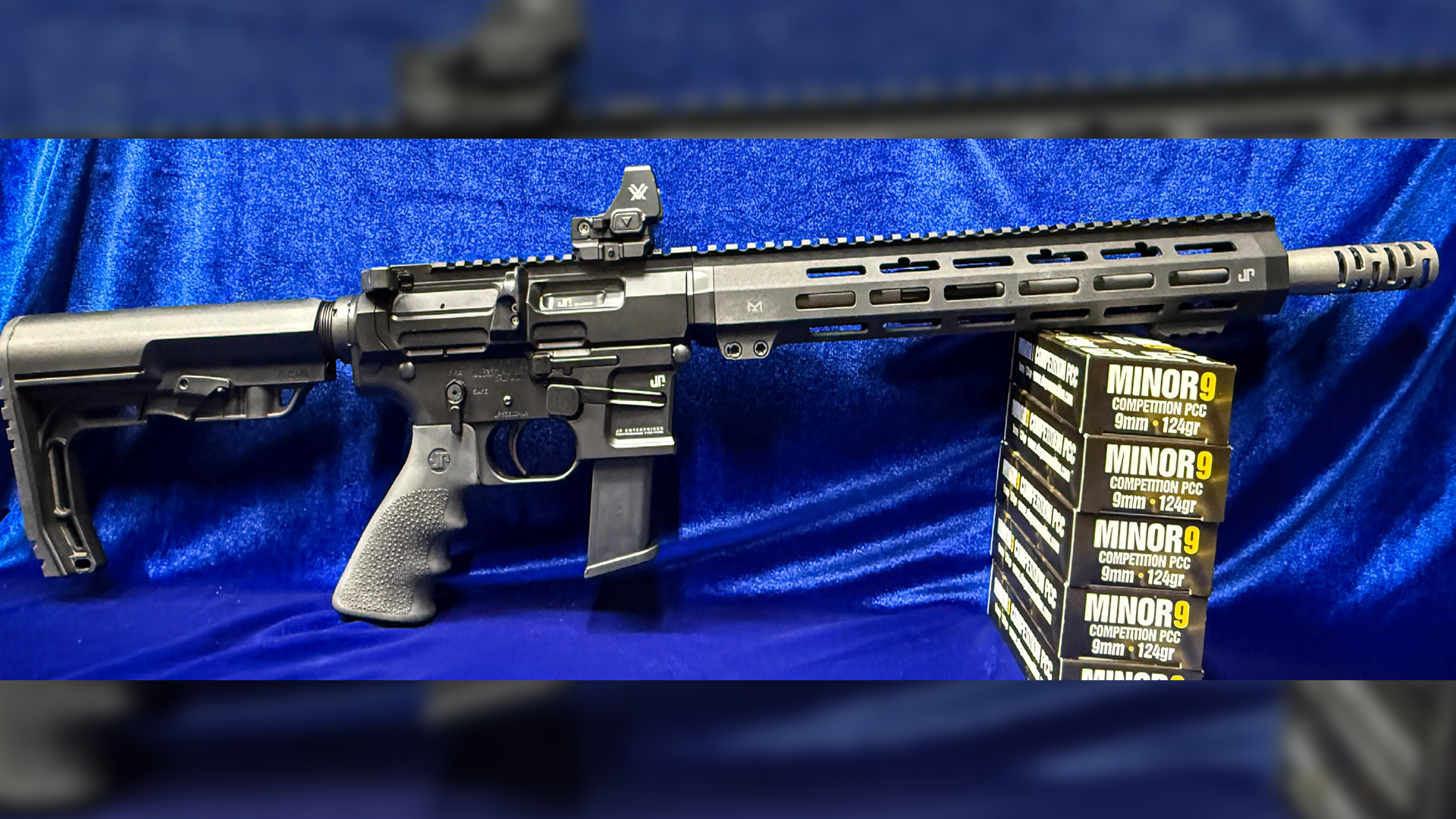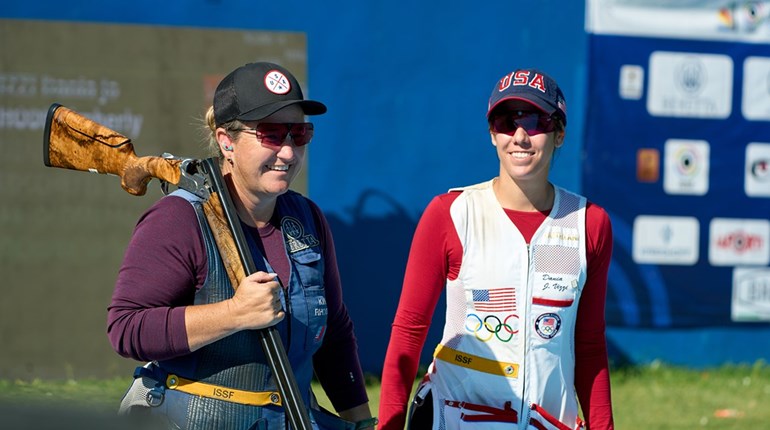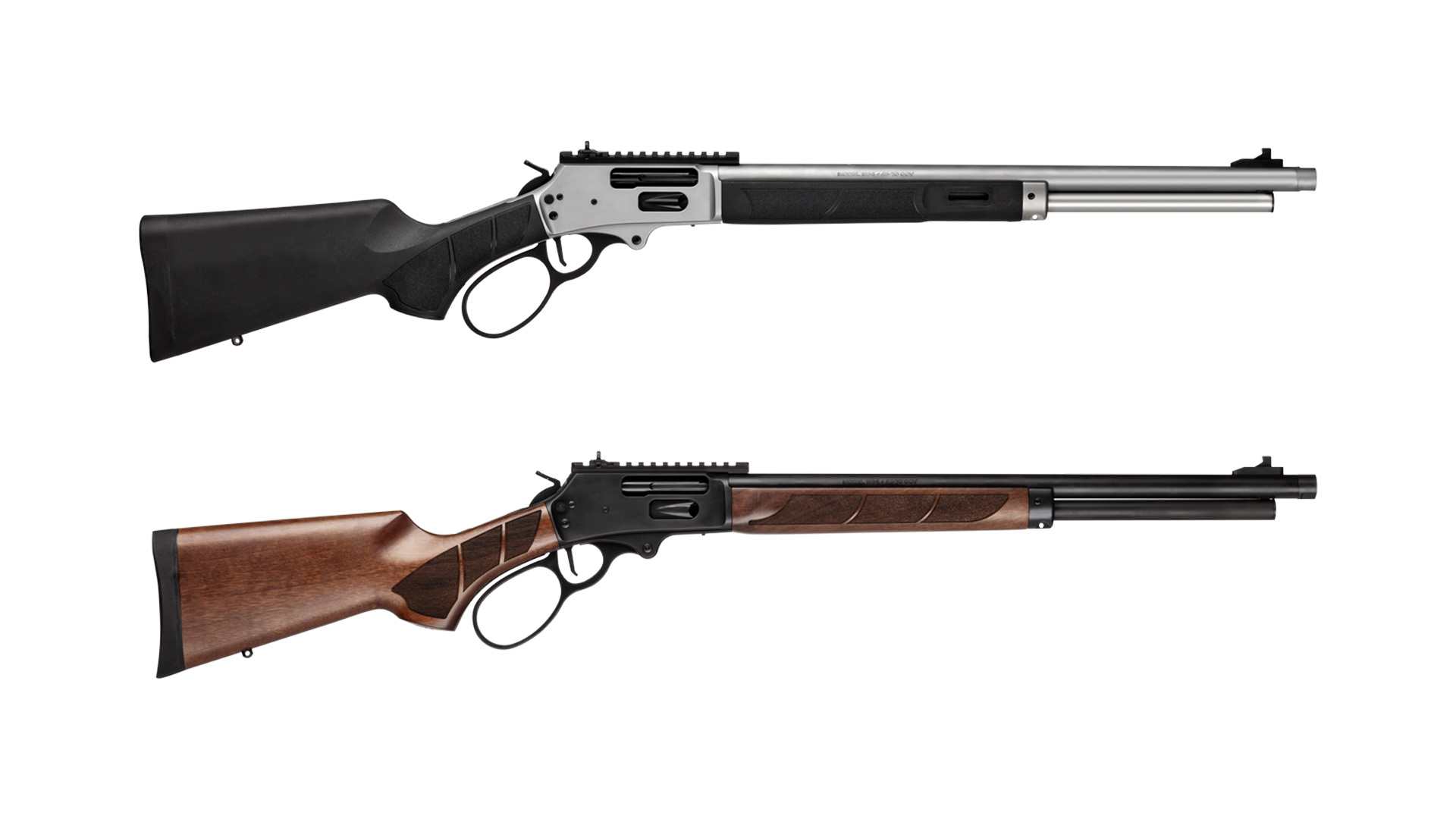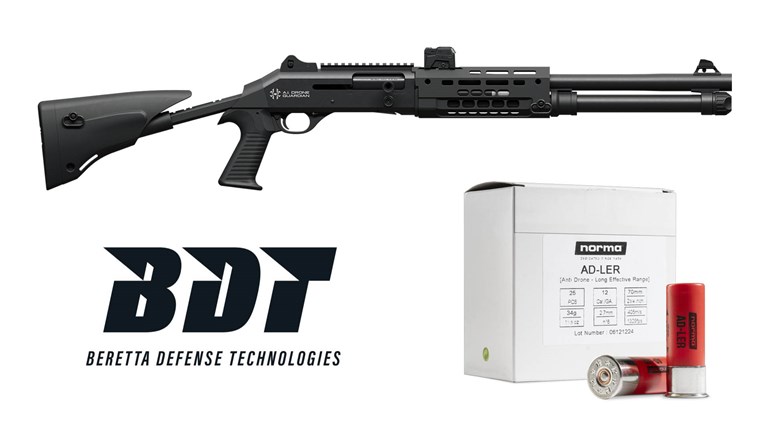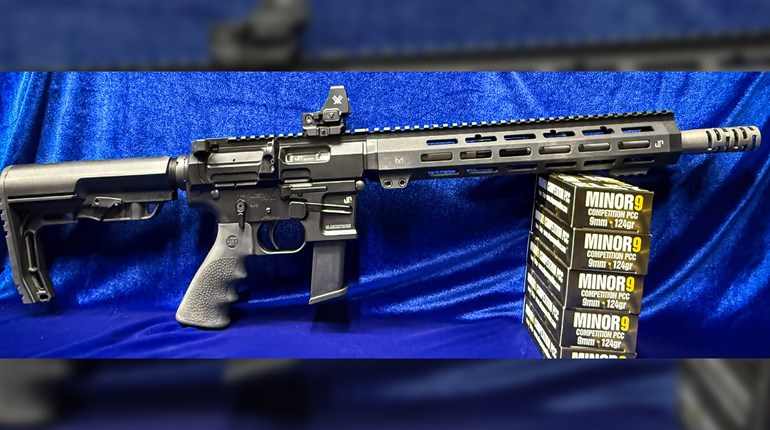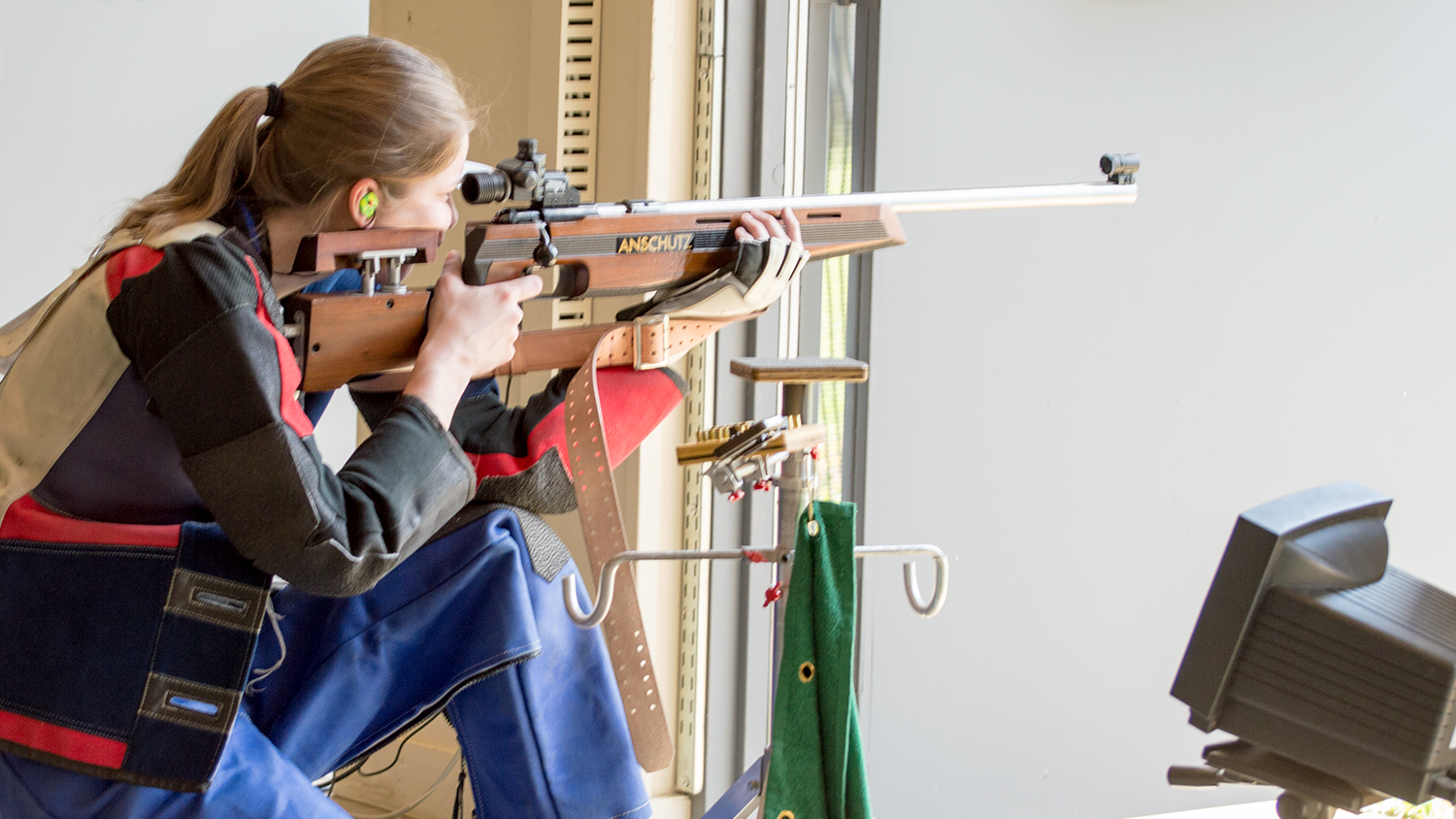
Readers should also check out Dr. Raymond Prior’s previous article in SSUSA on why you shouldn’t set goals.
Recently I watched the ISSF’s livestream of a Women’s Air Rifle World Cup so I could watch two shooters that I work with compete in the final. During the broadcast, the commentator provided play-by-play of the final while also interviewing an international shooter who competed in the match but had missed the final. The shooter being interviewed discussed her shooting career including how she had previously won a quota place for her country. Listening to her talk it was clear she was an accomplished international shooter capable of shooting great scores and winning matches.
As the final and the interview continued, one thing stood out. The shooter being interviewed discussed how she and many of her fellow shooters were feeling intense pressure to shoot well with the Olympics approaching, especially toward the end of matches. She even went as far as to say that she felt like it had been a long time since she had even made a final. She described how she was turning up the intensity of her shooting as much as she could to finish matches but was not seeing any results. Needless to say, she was having difficulty closing matches.
About halfway through the final, the commentator asked a great question, “When you’re in a final and feeling that pressure, what do you focus on?” The shooter’s reply is what stood out most because she didn’t have an answer. She talked briefly about how hard it is to dig down within herself to find a killer instinct needed to win a match. Hearing this answer was a clear sign why she, even as an experienced international shooter, was finding it difficult to finish matches with competitive scores and even make the occasional final.
Sadly, most people, especially the media, do not know what it means to close a match. We often hear that a shooter has a “killer instinct” or that a shooter ratchets up the intensity of their performance several notches in the closing minutes of a competition to “find a way to get it done.” Although this portrayal of shooters finding something more inside of them to close a match makes for a dramatic portrayal, this depiction of what it takes to close a match couldn’t be more wrong. In actuality, shooters are able to close a match, not because they turn up their intensity, but because they lower their intensity allowing them to stay composed under pressure.
The truth is, shooters shoot well and win matches because they learn to attach the same level of intensity and the same mindset to each and every shot they take, whether it’s the first shot of practice or the last shot of an Olympic final. In contrast, it’s the shooters who try to turn up their intensity and treat important shots like they are the only shots that matter, who struggle to shoot well and ultimately end up losing.
Every shooter performs best at a unique level of intensity. That level of intensity depends on an athlete’s personal preference and the task they are completing. Some tasks, like playing football, require a higher level of intensity and energy. Shooting, like golf or archery, requires a lower level of intensity. In the years I’ve spent working with sport shooters in a wide range of shooting disciplines, I have found that if you measure intensity on a scale of one (low intensity) to ten (high intensity), the majority of shooters who are aiming at still targets perform at their best between a two and a four, whereas shooters aiming at moving targets perform at their best around a five. When their intensity drops too low, they tend to get sloppy and have difficulty fully focusing on their target. But when their intensity gets too high, they tend to overthink and become overrun by elevated emotion. As a result, they often get flustered and start steering shots instead of shooting freely.
Elite shooters understand they perform their best when they are consistent with their intensity and mindset. Under pressure, their performance may seem superhuman in nature, but in reality, because they are simply maintaining their own optimal level of intensity, they are able to stay in control of their performance, regardless of their circumstances. Athletes who control their intensity level and stay relaxed throughout an entire performance perform better and more consistently because they are in control of themselves. Those who aren’t in control of themselves tend to struggle to close a match because they are not at their optimal level of intensity.
Great shooters don’t place any extra interest or importance on any one shot more than another. They know that if they start caring too much, it starts to interfere with their ability to shoot well. Creating a consistent energy and a consistent mindset doesn’t mean they don’t care about their performance and their scores. In fact, elite shooters care deeply about their scores. What they understand is that with a consistent level of intensity they can shoot freely in big moments.
Finding the right energy level isn’t always easy. Sport culture and media reinforce the idea that if you’re not succeeding, you have to work harder. This belief is absolutely true when it comes to putting in the work it takes to make progress over time, especially for the shooter who needs to work harder by putting in more time at the range or improving overall fitness. But this idea also leaves athletes with the notion that in order to close a match they have to put in the kind of effort that leaves them red-faced and gasping for air. No one shoots well when they are breathing heavily and battling their own emotions. Sport shooting isn’t a war; it’s a challenge to be faced with a clear mind, relaxed body, and controlled intensity.
A killer instinct and being a natural closer are myths. In fact, there’s nothing instinctual or natural about staying composed under pressure. Being cool under pressure is something mastered through dedication to self-control and detaching yourself from the outcome of a match. It’s important to remember that as a shooter, if you have what it takes to take good shots in practice, you have what it takes to take good shots to close a match as long as you stay in control of your intensity and focus on what you can control. Shooters must understand that the same level of intensity required to take a great shot in practice is the same intensity needed to take a great shot under pressure in a final.
Next time you’re watching your favorite athletes performing well under pressure, take note of how relaxed they are. What you’ll begin to notice is that when they are in control of their intensity, they are in control of their performance. Whether you’re in a practice match or an Olympic final, closing a match effectively is about staying relaxed. There’s no need to turn up the intensity when you’re under pressure. If anything, it’s much more important to control your intensity and stay composed. As a shooter, you must find your most effective level of intensity and maintain it, regardless of what shot you are about to take; that’s what it means to close a match.
About the Author
Dr. Raymond Prior is the author of Bullseye Mind: Mental Toughness for Sport Shooting. As one of the country’s top peak performance professional, he has nearly a decade of experience educating athletes and coaches about building mental toughness.
Raymond works with athletes, teams, and coaches at professional, Olympic, NCAA, amateur, and youth sport levels. His clients include professional athletes, Olympic gold medalists, individual and team National Champions, National Coach of the Year Award winners, individual and team Conference Champions, and countless NCAA All-Americans in a variety of sports.
Raymond has a firm commitment to growing sport shooting in its many forms and he continues to provide peak performance training to many college shooters and teams including the 18-time National Champion WVU Rifle team, Olympic level shooters domestically and internationally, and shooters of all levels who want to perform more consistently and enjoy shooting more. Visit Dr. Prior’s website at www.rfpsport.com.

